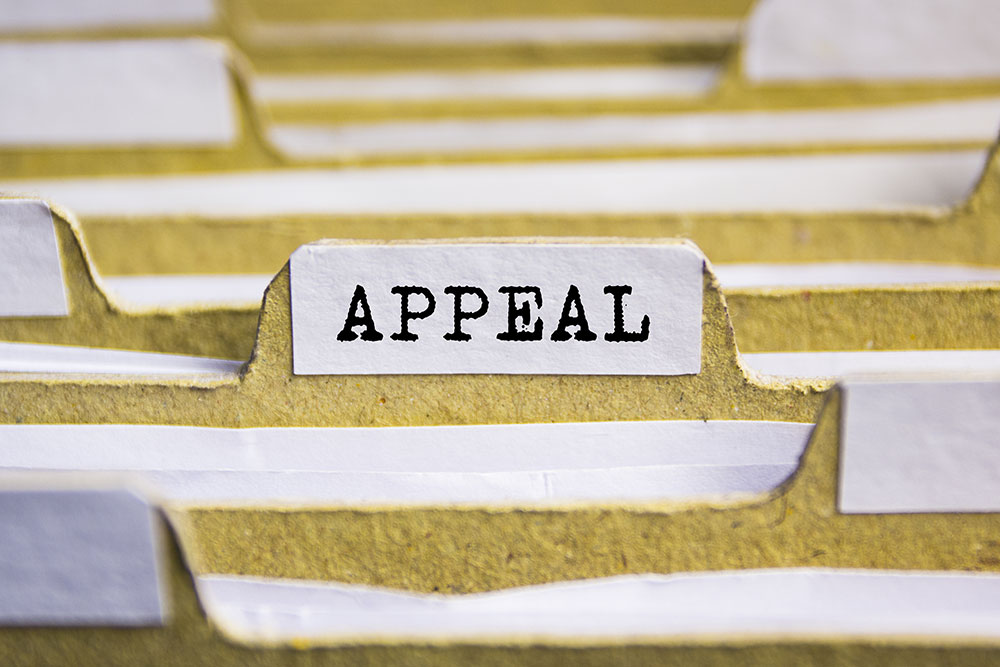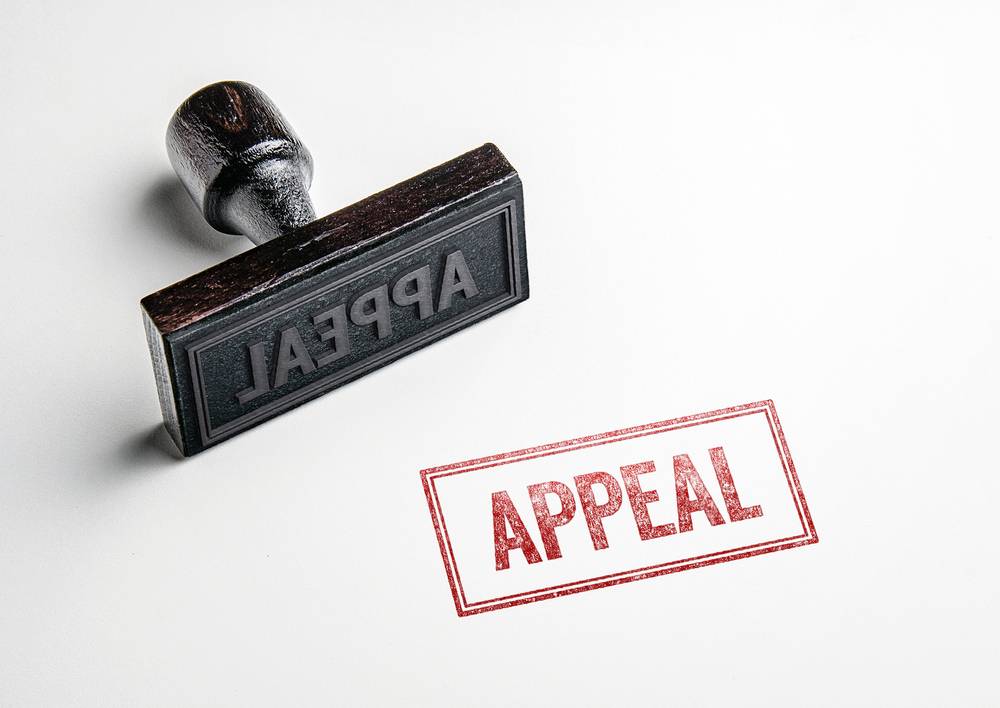BALASAHEB RANGNATH KHADE V. STATE OF MAHARASHTRA
BalaSaheb RangNath Khade v. State of Maharashtra (2012) Bom (Cri) 632
ISSUE:
- Whether a victim can file an appeal against an order of acquittal under the proviso to Section 372 of the CrPC without obtaining the leave of the High Court, similar to the requirement for the State under Section 378?
RULE:
- The merits of the matter would be denuded and diluted if leave is necessitated when the legislature refrained from putting any victim on par with the State or private complainant in Section 378 of CrPC.
- The victims are put in head section to proviso of Section 372 excepting them from the rigours of procedure relating to appeals.

FACTS:
- The appellant, Balasaheb Rangnath Khade, filed an appeal under the proviso to Section 372 of the Code of Criminal Procedure (CrPC) against the acquittal of the accused in a criminal case.
- The primary legal question was whether a victim could file such an appeal without seeking the leave of the court, as is required for the State under Section 378 of the CrPC.
HELD:
- The High Court held that the victim is not required to apply for or obtain special leave of the Court to file any of the appeals under the proviso to Section 372.
- The Court noted a thin difference between the victim and the complainant.
- The High Court ruled that complainant in a private complaint would not be able to avoid the scrutiny of the Court for being granted the leave contemplated in Section 384(4) which provision stands.
- The victim in a private complaint is in control of the criminal prosecution and prosecuted the private complaint as a complainant.
- The private complainant could not be placed at par with the first informant.
- The High Court noted that whereas one stands on his own feet and is in control of the proceeding, the other is left to the vagaries of the investigating agency and the prosecuting agency.
- The victim has an absolute right to prefer an appeal whereas the complainant may present an appeal with the leave of the Court only.


